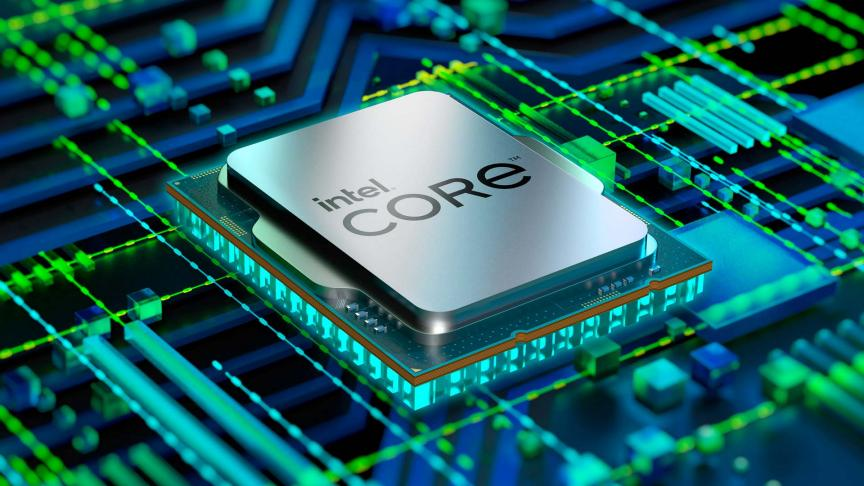Intel is set to get $7.9 billion in federal grants from the Biden administration.
The US Department of Commerce announced the grant, part of the CHIPS Act, on Tuesday.
President-elect Donald Trump has criticized the CHIPS Act in favor of tariffs.
Intel will receive about $7.9 billion in federal grants, the US Department of Commerce said Tuesday, as the Biden administration finalizes CHIPS Act agreements before Donald Trump takes office.
That’s $600 million less than President Joe Biden’s $8.5 billion preliminary grant, announced in March. The Commerce Department told The New York Times that Intel was receiving less than what was initially promised because it also received a separate grant of $3 billion to produce chips for the military.
A senior administration official told Bloomberg that the chip giant was on track to receive at least $1 billion of the total grant award before the end of the year.
Trump has criticized the CHIPS Act and suggested he’d prefer tariffs to incentivize semiconductor manufacturing on US soil. This has caused the Biden administration to scramble to finalize billions of dollars in payments before the end of the year.
The CHIPS Act cash would help Intel boost its semiconductor production in the US. It’s expected to invest nearly $90 billion in the US by the end of the decade.
Secretary of Commerce Gina Raimondo said in a press release that Intel’s investments across Arizona, New Mexico, Ohio, and Oregon would “supercharge American innovation” and that the company was playing an important part in the “revitalization” of the US’s semiconductor industry.
Pat Gelsinger, Intel’s CEO, added, “Strong bipartisan support for restoring American technology and manufacturing leadership is driving historic investments that are critical to the country’s long-term economic growth and national security.”
Intel’s share price is down by almost 50% this year. It has racked up billions of dollars in losses and faced challenges including layoffs.
The Wall Street Journal reported in September that Qualcomm was interested in acquiring Intel. But Bloomberg reported this week, citing people familiar with the matter, that Qualcomm’s takeover interest had cooled as a result of some complications related to acquiring the entire company.
Intel didn’t immediately respond to a request for comment from Business Insider made outside normal working hours.



